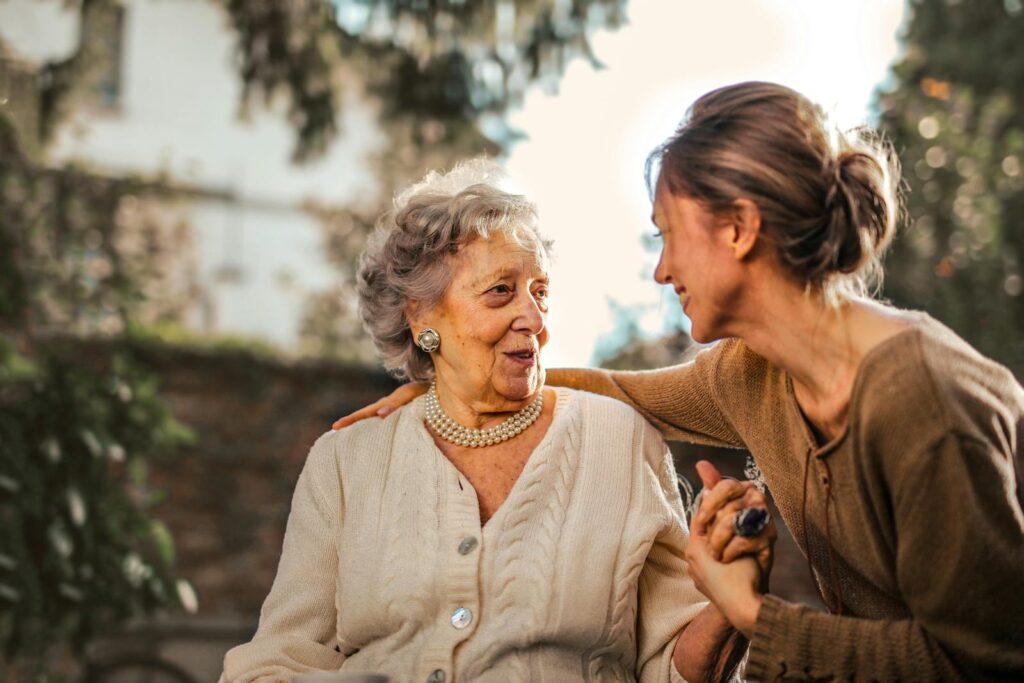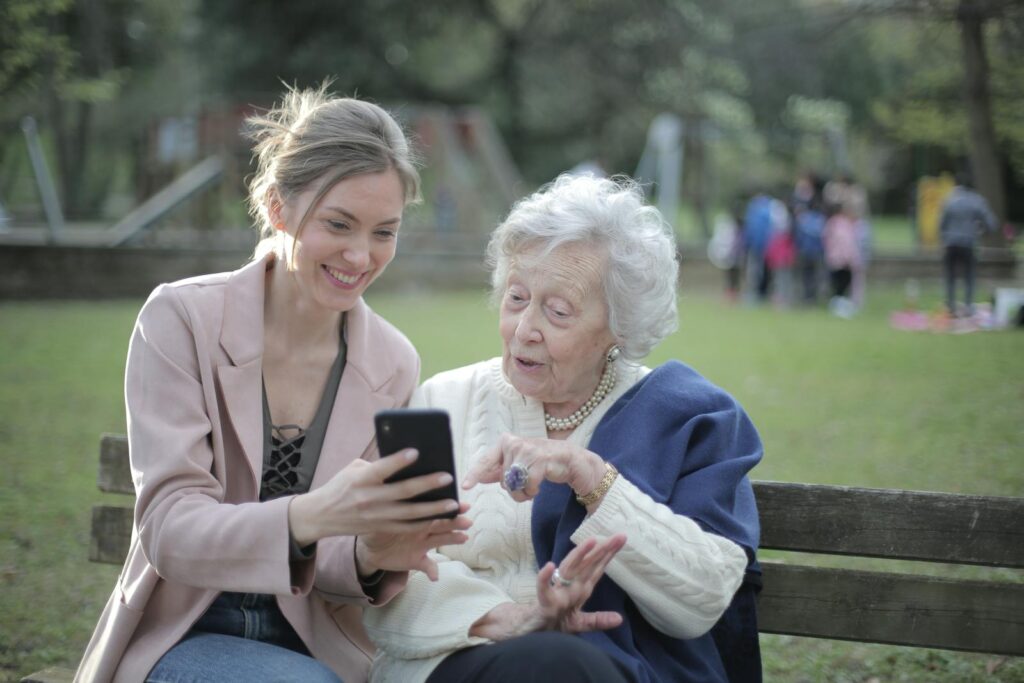A strong and trusting relationship between caregivers and seniors is going to ensure effective home care. Building a good relationship can remarkably improve the quality of life for seniors and make the experience of caregiving more fulfilling. Whether you are providing care as a professional or a family member supporting an aged loved one, here are some of the best practices that will help you build and maintain a good bond with the senior in your care.
Communication
Active Listening:
Communication is one of the most important aspects of any relationship. This means, caregivers should practice active listening. You must give them your full attention when the senior is speaking. Make suitable eye contact, nod, and respond thoughtfully. This will show that you value them, their opinions, and their feelings.
Clear and Simple Language:
Seniors may have difficulty understanding complex sentences or jargon, especially those with cognitive impairments. Therefore, you must use clear and simple language when telling them something. Use straightforward instructions and explanations to avoid any confusion.

Respect and Dignity
Personal Space and Privacy:
It is fundamental to show respect to a senior’s personal space and privacy. Before entering their room, knock. Always ask for permission before using or moving any of their personal items. This kind of respectful attitude will build trust and make the senior feel valued.
Involving Them in Decisions:
As much as possible, involve seniors in decisions about their care. Let them have a say in every little decision whether it is choosing meals, planning activities, or deciding on the timing of daily routines. Giving them a say in their care will make them feel empowered, dignified, and independent.
Building Trust
Consistency and Reliability:
Being consistent in care routines will help build trust. Be punctual by sticking to a regular schedule. If you tell them about doing something, follow through. Reliability is very important in fostering a sense of security and trust.
Honesty and Transparency:
In all interactions, be honest. Inform the senior promptly, if there are any changes in the care plan or schedule. Honesty is the building block of trust, so always communicate openly.
Understanding and Empathy
Patience and Compassion:
You are going to be required to stay patient a lot in caregiving. Seniors may move slower or need explanations repeatedly. Your approach to these situations must be full of compassion rather than frustration. It will greatly strengthen your relationship with them if you try to understand their challenges and show empathy.
Personalized Care:
Understand the senior’s personal history, likes, dislikes, and preferences. This personalized approach will let the senior feel more comfortable and appreciated. For example, if you know about a particular type of music they love, play it during their routine tasks to make the experience more enjoyable.
Encouraging Independence
Promoting Self Sufficiency:
Encourage them to do, for themselves as much as it is possible. This will help them maintain their physical abilities, as well as boost their confidence and self-esteem. Even simple tasks like dressing on their own, with minimal assistance, can make a great difference.

Supporting Their Interests:
Support them by encouraging their hobbies and interests. Engaging in activities they love can improve their mental and emotional health in a great way, whether it is gardening, reading, or crafting, they will be thankful for it.
Handling Challenges
Managing Difficult Behaviors:
Sometimes, you may have to face challenging behaviors that can be exhibited by seniors due to health conditions or cognitive impairments. Deal with these situations with calmness and understanding. Rather than reacting to the behavior itself, identify triggers and try your best to address the underlying issues.
Conflict Resolution:
It is possible that from time to time, conflicts may arise. It is very important to promptly and constructively address those conflicts. Calmly, discuss the issue, listen to their perspective, and work together for a solution. Your relationship can strengthen over time, by effective conflict resolution.
Creating a Positive Environment
Safe and Comfortable Space:
Make sure that the living space of the senior is safe and comfortable. Remove hazards, ensure good lighting, and create an environment that is cozy and welcoming. It can contribute to their overall wellness and comfort if you provide them with a positive physical environment.
Social Interaction:
Social interaction can help in preventing the feelings of isolation and it can keep the senior mentally active. Encourage them for social interaction with family, friends, and the community through visits, calls, or engaging in community activities.
Support Networks
Family Involvement:
Involve family members in the process of caregiving. Regular family visits and interactions are crucial in providing emotional support and strengthening the bond between the senior and their loved ones. This will also let everyone to be on the same page regarding the senior’s care.
Professional Support Networks:
Utilize professional support networks like a NDIS service provider for additional resources and support. These providers offer valuable assistance and expertise in managing senior care.
A strong caregiver-senior relationship is essential for effective home care. A combination of communication, respect, empathy, and ongoing support is what it involves. By following these practices, caregivers can achieve creating a positive, trusting, and fulfilling relationship with the seniors.
The goal is to enhance the quality of life for the senior and make their days more enjoyable and comfortable whether you’re a professional caregiver or a family member. For those in Brisbane or the Gold Coast, utilizing resources from a home care provider like 1st Care Community that also is a NDIS service provider, can offer additional support and give high quality care for your loved ones.


